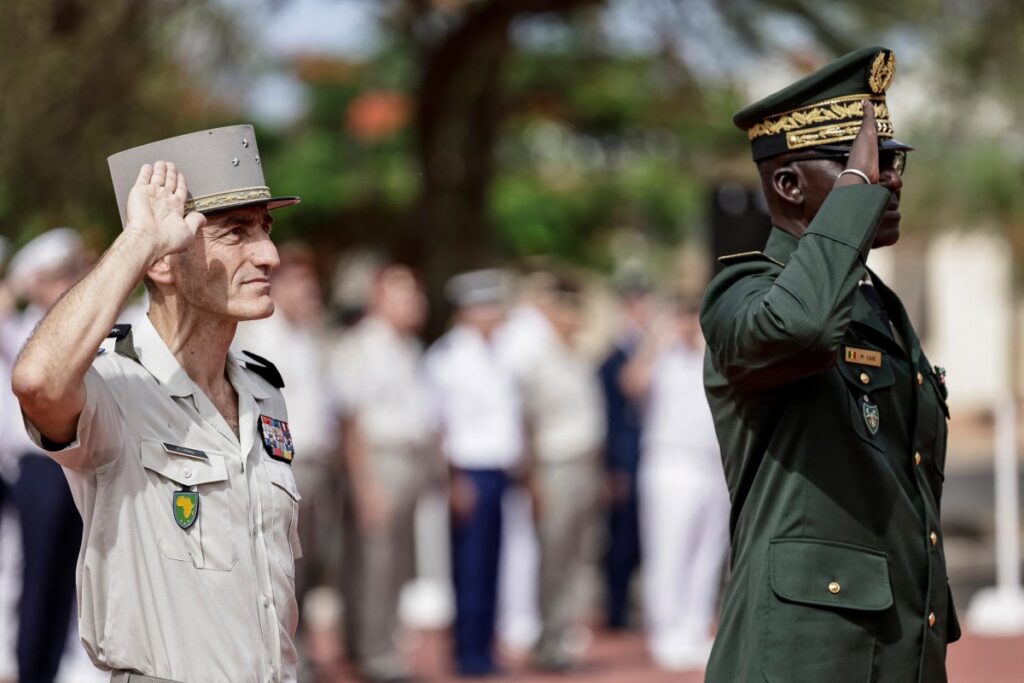After 65 years of military presence in Senegal, the final chapter has come to a close as the last French forces departed, officially transferring control of their remaining military bases to Senegalese authorities. This withdrawal marks the end of an era that began shortly after Senegal’s independence, reflecting a broader shift in France’s military engagement across West Africa.
A formal ceremony was held in Dakar to commemorate the departure of the last contingent of about 350 troops. These troops had remained as part of France’s ongoing military cooperation and presence in the region, primarily focused on training, logistics, and regional counter-terrorism support. With their departure, Senegal now assumes full control of the facilities, signaling a new phase of sovereignty and regional responsibility.
The handover of the bases comes amid a broader reevaluation of foreign military presence on the African continent. In recent years, several West African nations have expressed a desire for greater autonomy in managing their security affairs. This sentiment has grown stronger amid increasing local criticism of foreign military interventions and their perceived ineffectiveness in resolving regional conflicts.
Senegal, long considered one of France’s most stable and cooperative partners in West Africa, had hosted French forces primarily in a support and training role. The bases served as strategic hubs for regional operations and logistics, playing key roles in broader Sahel security strategies. Despite their departure, both countries are expected to maintain military cooperation through other frameworks such as joint training exercises, intelligence sharing, and diplomatic channels.
The drawdown also reflects France’s evolving military priorities. With changes in the geopolitical landscape and shifting alliances across the region, French military strategy is gradually pivoting toward more agile, partnership-based models of engagement rather than permanent deployments. In recent years, France has faced growing challenges in its military presence in Africa, including mounting public opposition in countries like Mali, Burkina Faso, and Niger, which have seen military coups and increased anti-French sentiment.
For Senegal, regaining control of the bases represents a strong assertion of national sovereignty. It enables the government to redefine its defense policies and expand its own military capacity without direct oversight or dependency on a former colonial power. Senegalese military leadership has expressed confidence in their ability to manage the transition smoothly and continue playing a key role in regional stability.
The departure of foreign troops does not imply an end to international collaboration. Rather, it reflects an emerging model where African nations are asserting leadership in their own security affairs, while selectively engaging with international partners on terms that reflect mutual respect and shared interests.
This historic handover is not just a symbolic end to France’s military chapter in Senegal, but part of a broader regional transformation. As countries across West Africa seek to assert more autonomy and build stronger local institutions, the nature of foreign partnerships is also evolving, pointing toward a future defined by cooperation rather than dependence.

